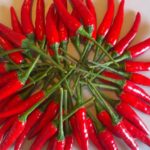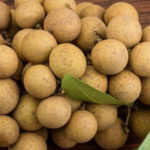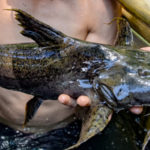Wine has become a new trend for connoisseurs due to its subtle alcohol content, delightful flavors, and versatility with various dishes. However, there has been a long-standing debate about whether wine gets better with age. In this article, we will explore this intriguing question and provide insightful answers.
1. Is it true that wine gets better with age?
While it is true that wine can develop a more complex flavor profile over time, with its aromas becoming more intense and harmonious, not all wines are created equal in this regard. According to wine experts, only high-quality wines produced from superior terroirs and properly aged can stand the test of time. Lower-quality wines will not improve with age and should be consumed sooner rather than later.
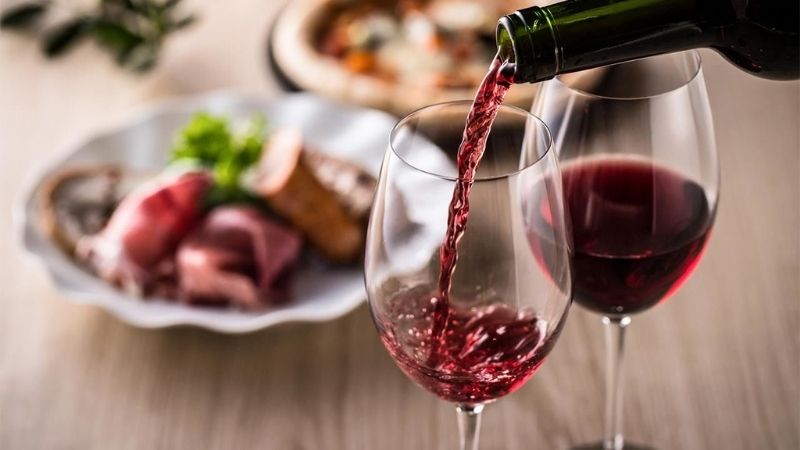 Not all wines get better with age
Not all wines get better with age
2. What factors determine the quality of wine?
Producing high-quality wine is a complex process that depends on various factors, including the choice of grapes, winemaking techniques, and proper storage conditions.
Grape Variety
The type of grapes used plays a crucial role in determining the characteristics of the wine. The flavor, aroma, and body of the wine are all influenced by the grape variety. For example, red wine grapes such as Cabernet Sauvignon, Merlot, and Syrah are commonly used in wines from Australia, North America, and South America. These regions also utilize white wine grapes like Chardonnay, Sauvignon Blanc, and Riesling.
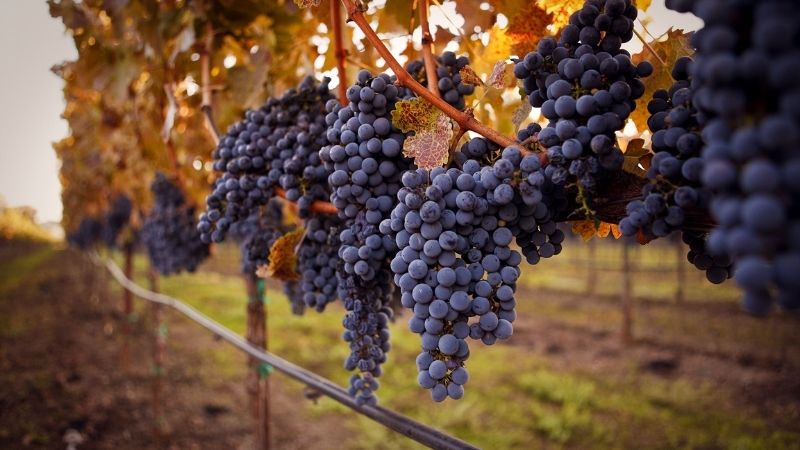 Different grape varieties produce different types of wine
Different grape varieties produce different types of wine
Winemaking Process
The winemaking process is a delicate art that requires strict adherence to recipes and techniques. The aging process is particularly critical, as it involves storing the wine in oak barrels to achieve the desired level of tannin. This process adds depth and smoothness to the wine, but if left too long, the wine may become dull and spoil. The ideal aging time varies depending on the grape variety.
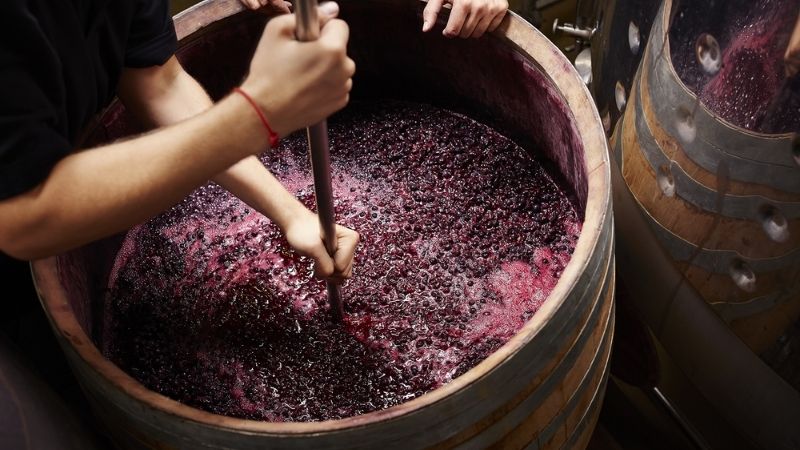 Proper winemaking techniques are essential for high-quality wine
Proper winemaking techniques are essential for high-quality wine
Storage Conditions
Optimal storage conditions are crucial for preserving the quality of wine over time. Factors such as temperature, humidity, light exposure, and movement can significantly impact the aging process. The ideal temperature for storing wine is between 12°C and 16°C (54°F and 61°F), with red wines preferring slightly warmer temperatures than white wines. Humidity should be maintained between 50% and 80%, with 70% being ideal. Excessive humidity can damage the wine labels, while light exposure can accelerate the deterioration of the wine’s quality. Additionally, it is essential to minimize movement and vibrations, as these can accelerate the chemical reactions in the wine, leading to a loss of flavor.
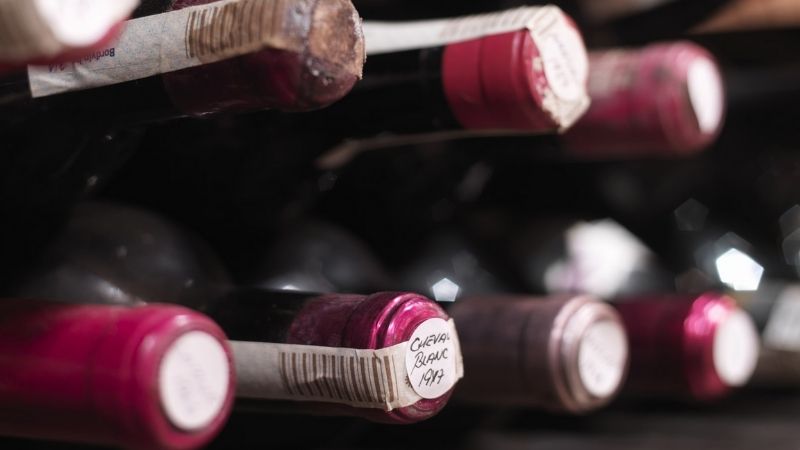 Proper storage conditions are key to aging wine
Proper storage conditions are key to aging wine
3. Optimal Aging Times for Different Wine Styles
White Wines
- Most white wines are meant to be consumed young and fresh, with an optimal drinking window of 2-3 years after bottling. However, sweet French white wines with higher sugar content can age gracefully for 10-20 years.
- Pinot Grigio, Viognier: 2 years
- Sauvignon Blanc, Muscato, Sancerre: 1-2 years
- Chenin Blanc, Chardonnay, Chablis, Semilion: 2-10 years
- Riesling: 3-15 years
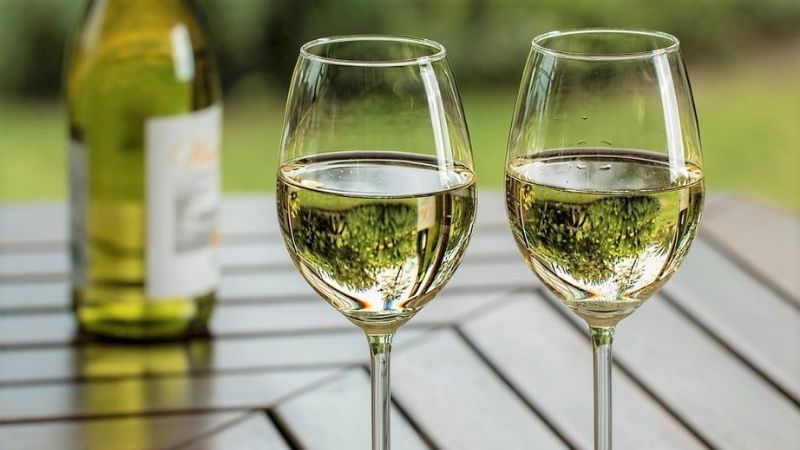 White wines have varying optimal aging times
White wines have varying optimal aging times
Red Wines
Red wines, known for their higher tannin content, generally have a longer aging potential. While some red wines improve with age, others are meant to be consumed sooner.
- Beaujolais and Gamay-based wines: 1-5 years
- Zinfandel, Sangiovese, Chianti: 2-15 years
- Syrah, Northern Rhone reds, Cabernet Sauvignon: 5-25 years
- Merlot: 4-18 years
- Nebbiolo, Barolo, Barbaresco: 10-30 years
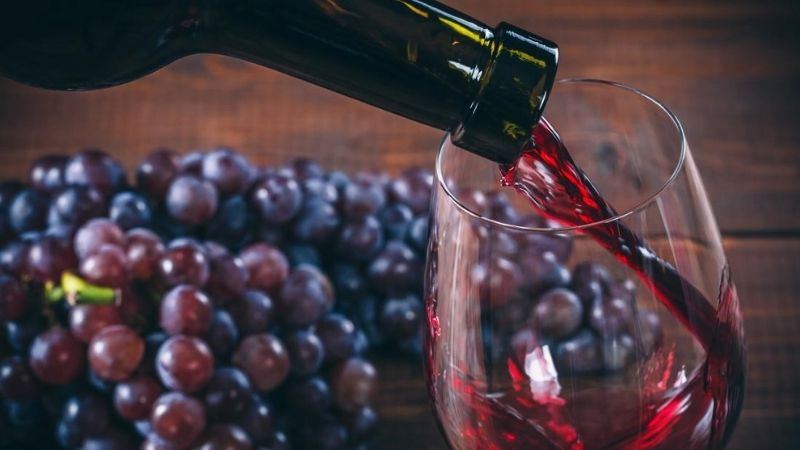 Red wines can age for extended periods
Red wines can age for extended periods
Sparkling Wines
Sparkling wines, with their lower alcohol and tannin levels and higher gas content, typically have a shorter shelf life. These wines are best enjoyed fresh and should not be aged for extended periods.
- Cava, Crémants: 1-2 years
- Champagne: 1-5 years
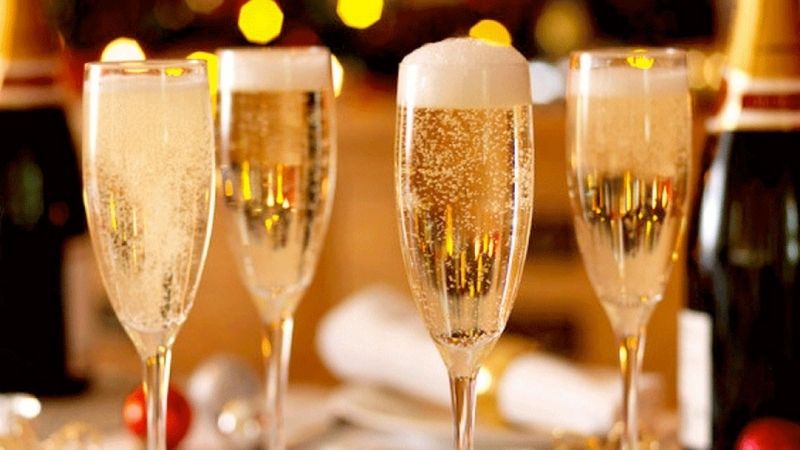 Sparkling wines are best enjoyed fresh
Sparkling wines are best enjoyed fresh
Reference:
Now you know the secrets to wine aging and the factors that influence wine quality. We hope this article has enlightened you on the fascinating world of wine and inspired you to explore and appreciate the nuances of this ancient beverage.
























